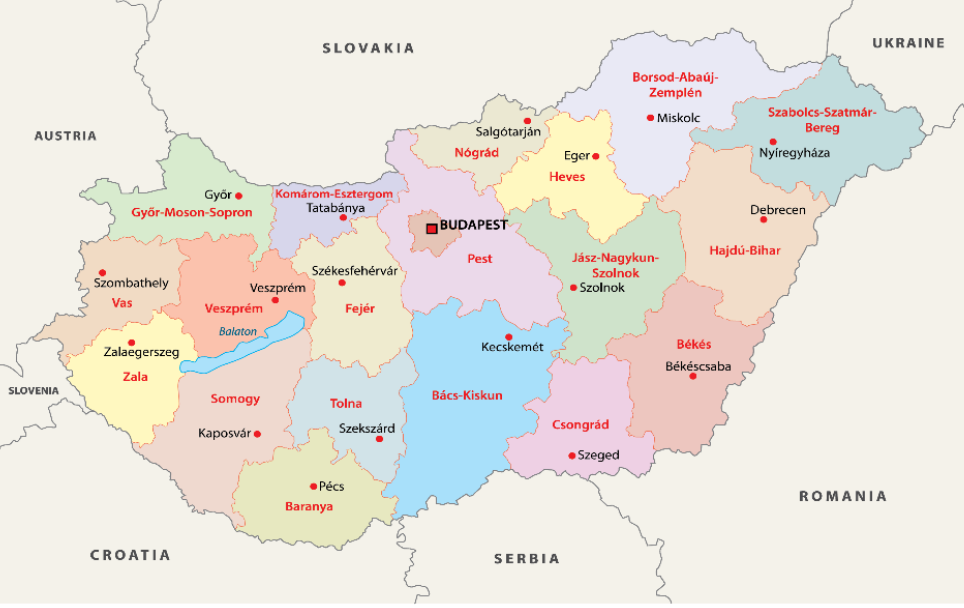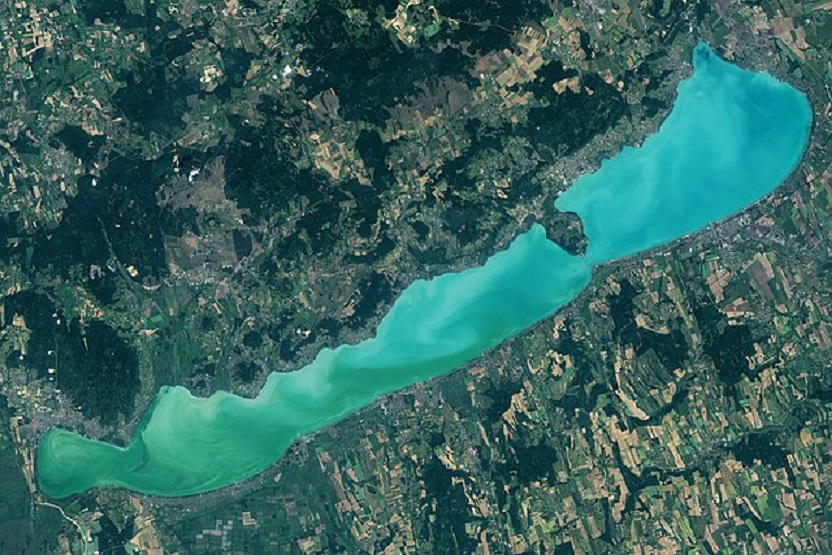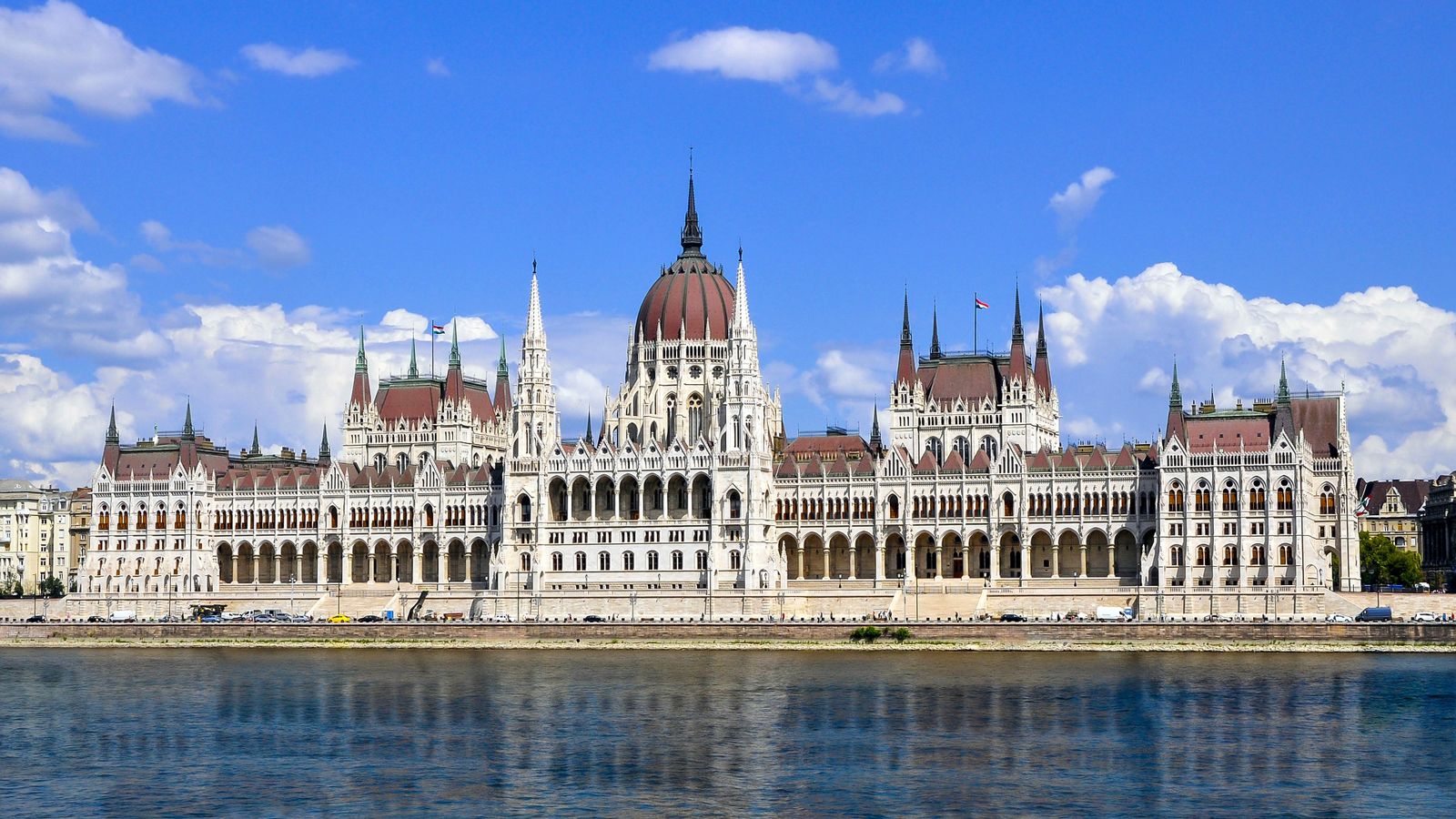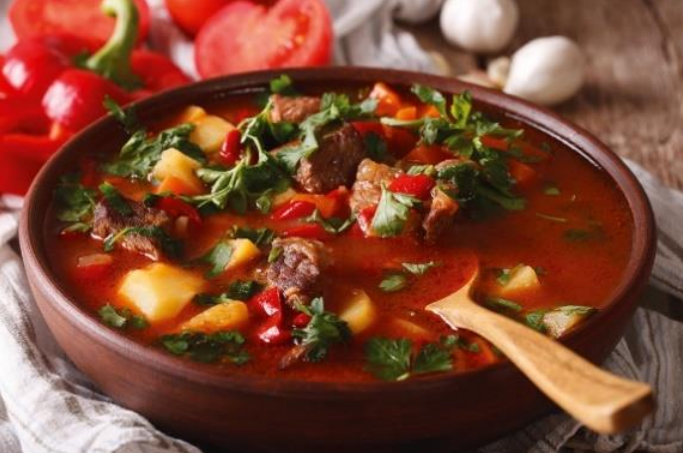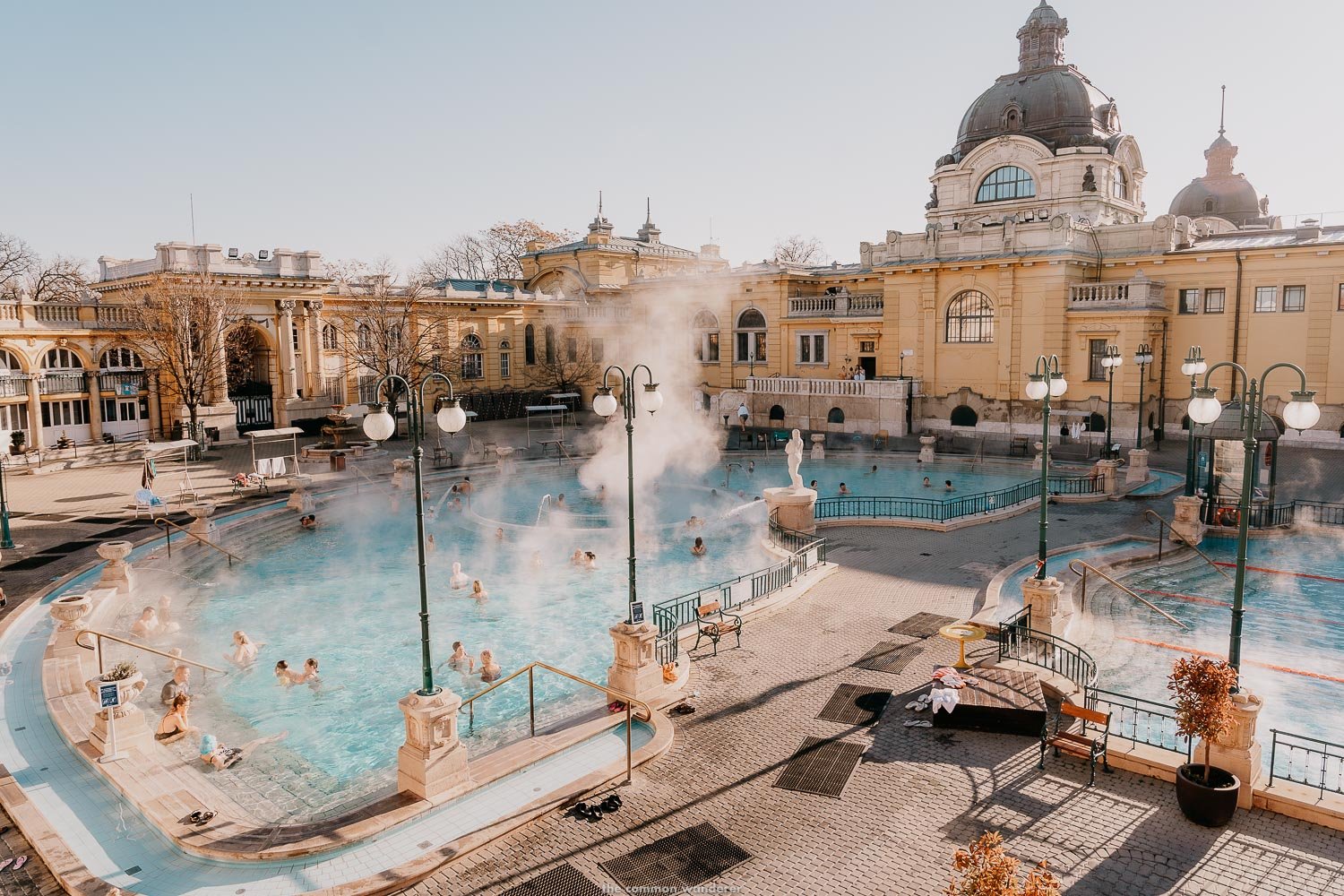
- Ballpoint pen by László Bíró, journalist, inventor (1931)
- Electric motor by Ányos Jedlik, inventor (1828)
- Holography by Dénes Gábor, engineer and physicist
- Safety match by János Irinyi, inventor
- Rubik’s Cube by Ernő Rubic, architect (1974). It was invented by a young architect to demonstrate how geometry worked in three dimensions. He created the best-selling toy of all time
- Vitamin C by Albert Szentgyörgyi, medical researcher
- Carbonated water by Ányos Jedlik, inventor
- Word and Excel by Charles Simonyi, computer programmer
- Color television by Péter Károly Goldmark, physicist












